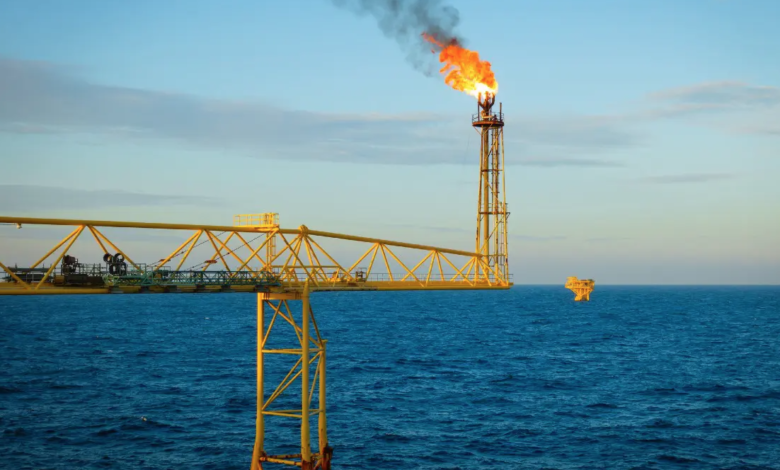The EU methane regulation does not disturb the oil & gas industry
Council relaxes criteria of new EU methane regulation
(sustainabilityenvironment.com) – Less frequent controls and still no obligation for importers. With yesterday’s vote in the Council, the 27 relaxed even more the already rather bland criteria against methane emissions proposed by the EU Commission exactly a year ago. If the EU countries’ line prevails in the forthcoming negotiations with the European Parliament, the EU methane regulation will be more concerned with protecting the oil and gas industry than with reducing emissions of this greenhouse gas.
Imported methane weighs heavily on total emissions related to European consumption, given that the continent has low production volumes. The EU imports more than 80% of the gas it consumes, with the result that most emissions take place abroad. However, according to the Council, the new EU methane regulation should not be addressed. Most of the 27 Member States do not want to run the risk of upsetting the supply countries at such a critical juncture for European energy security, and with a global gas market with so few margins as the one we have today.
Thus the regulation -which continues to ignore the other main sources of methane, namely agriculture and waste- will dictate only obligations to oil & gas operators located on European territory. But with more relaxed criteria than those outlined by the EU executive in December last year. All methane leaks will have to be monitored and reported, but the industry will have to act only on the biggest leaks. Offshore wells deeper than 700 meters will be exempted.
The ratio? Better to catch a few big fishes than many small fishes. For the Council, in fact, increasing the detection limits and the repair thresholds serves to “increase efficiency in dealing with significant volumes of losses rather than a greater number of small losses representing lower allowances of emissions”. In other words, we want to lighten the administrative burden and workforce required of industry.






